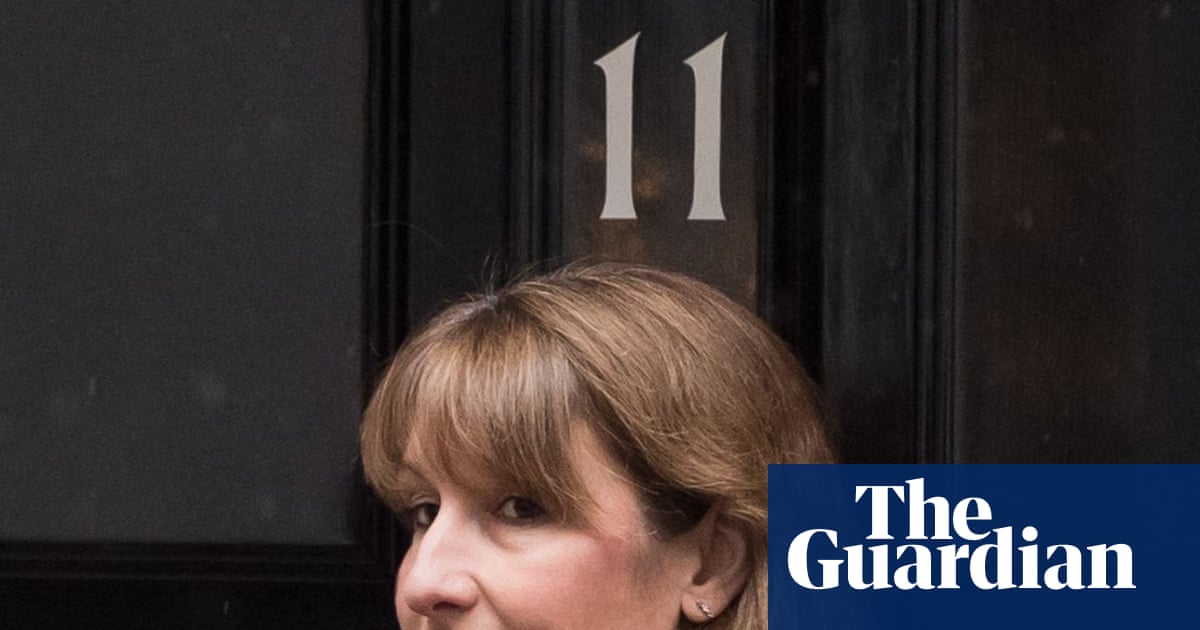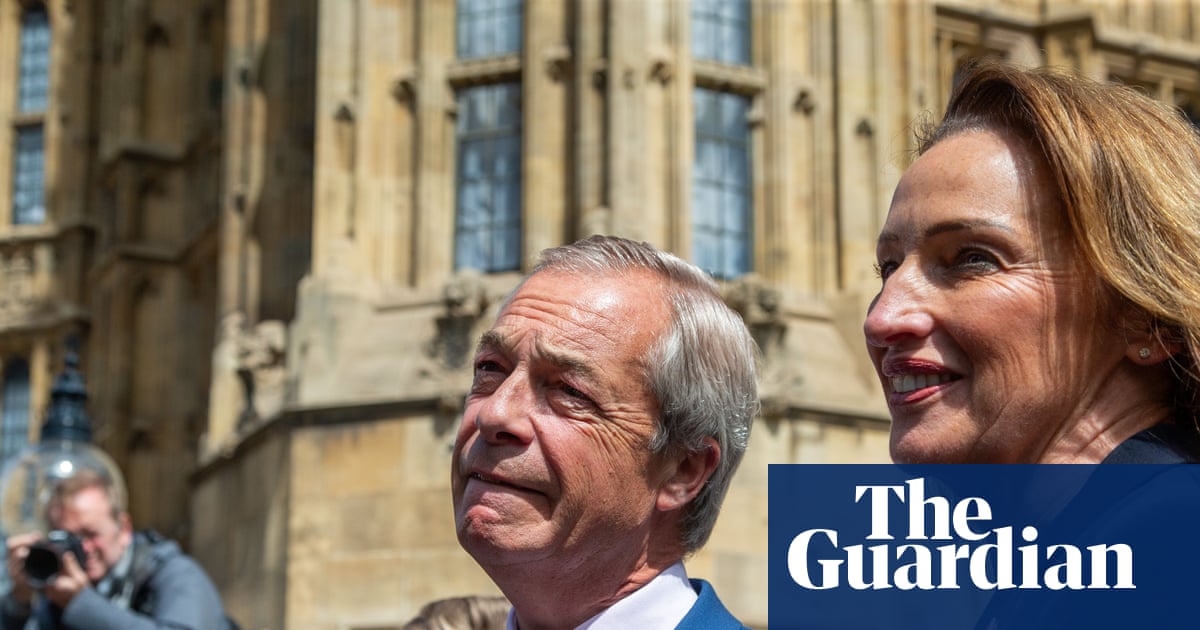One difficulty of a presidency as volatile as Donald Trump’s is separating what makes him angry (almost everything) from what genuinely, revealingly enrages him – what sends him round the bend at the mineral level. For instance, he hates Letitia James, the New York attorney general who in 2022 successfully brought a civil fraud case against him and whom he has since urged the justice department to pursue for mortgage fraud. But that’s just basic revenge – see also his pursuit of ex-FBI director James Comey. More interesting are the fleeting, trivial things that set Trump off, including his meltdown last week over a TV commercial from Canada.
On the surface it didn’t seem like a particularly big deal: a TV ad airing on US television, paid for by the Canadian province of Ontario, in which an audio clip of Ronald Reagan denouncing tariffs ran over inspiring footage of the American west and industry. In a folksy voice Reagan explains: “When someone says: ‘Let’s impose tariffs on foreign imports’, it looks like they’re doing the patriotic thing by protecting American products and jobs. And sometimes for a short while it works – but only for a short time.” He then demolishes the premise of tariffs as anything but an instrument that “hurts every American worker”.
Reagan’s words were taken from a 1987 radio address, and both Trump and the Reagan foundation instantly attacked the ad – in which some of the former president’s remarks were run out of chronological order – with Trump declaring it “FAKE”. (The sentiment of what Reagan said wasn’t altered.) Clearly, however, it’s not the edit that bent Trump so out of shape that, after the ad aired, he called off tariff talks with Canada – the only G7 country that has yet to reach a trade deal with the US – then doubled down by announcing he was “increasing the Tariff on Canada by 10% over and above what they are paying now”. This was temper, pure and simple – an expression of pique far outweighing the apparent scale of the insult that had clearly struck some very particular nerve.
When it comes to analysing Trump’s overreactions, I always return to the delicious and staggering freakout he had at the New York Times columnist Gail Collins in 1992 when she referred to him as the “financially embattled thousandaire”. In the wasteland of Trump’s interior life, “rich” is probably the single most crucial pillar of his identity, and by suggesting that he had exaggerated his wealth, Collins cut as close to the marrow as it gets. Sure enough, Trump’s response was, for bizarreness, up there with Elon Musk calling the Thai cave rescuer a “pedo guy” for criticising his dumb submarine: he sent a copy of the column back to Collins with the words “The Face of a Dog!” scrawled over the picture.
Trump wasn’t president then and had only harmless theatrics at his disposal. Obviously things are different now, and by threatening to raise tariffs to 60% on some Canadian goods, Trump will probably hurt US consumers and workers for years to come, not least as Canada seeks to find alternative trade partners. What remains curious is what exactly in the ad so aggressively triggered him – and it has to do, I suspect, with the status of Ronald Reagan relative to the status of Donald Trump.
after newsletter promotion
To those of us who grew up outside the US and witnessed Reagan’s presidency from afar, he often seemed at best a fairly preposterous leader. But in the years since his death, in the US Reagan has come to stand for unimpeachable political authority – and not just on the right – an American icon on a par with John Wayne and a symbol of the soul of the Republican party. At the end of the Ontario ad, a clip of Reagan recording the address shows him wearing a plaid cowboy shirt, and looking rugged and authentic.
There is almost no point of comparison for Trump as far as this image is concerned. Burnished by exactly the nostalgia Trump has leveraged for his own political gain, Reagan’s words and image in that ad pitch the current president’s emptied-out, shiny-suited, barely Republican Maga movement against Reagan’s “Morning in America again” original – or at least against the modern spin on the original that has so much power today. Con artists are always aware, at some level, of their own fundamental fraudulence, which is why it can be so dangerous to confront them with the truth. I don’t think Trump’s excessive response at the weekend was down to a political disagreement about tariffs. Instead it was about a man suffering a brief, piercing and clearly quite painful collapse in his self-delusion.
-
Emma Brockes is a Guardian columnist

.png) 4 hours ago
5
4 hours ago
5

















































